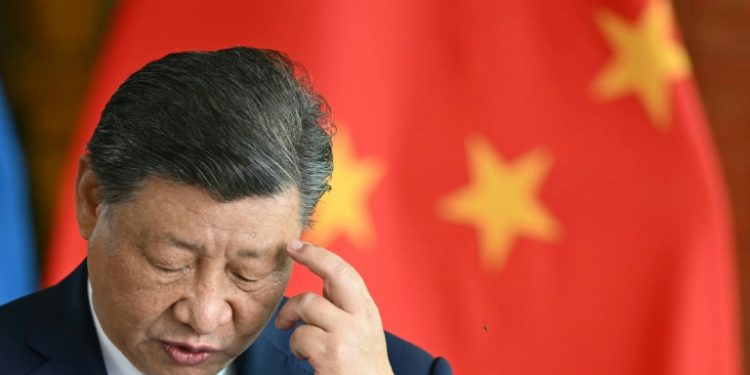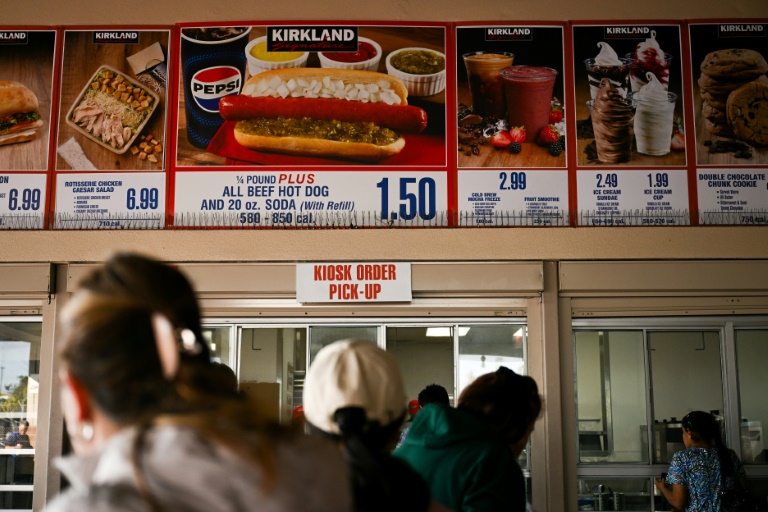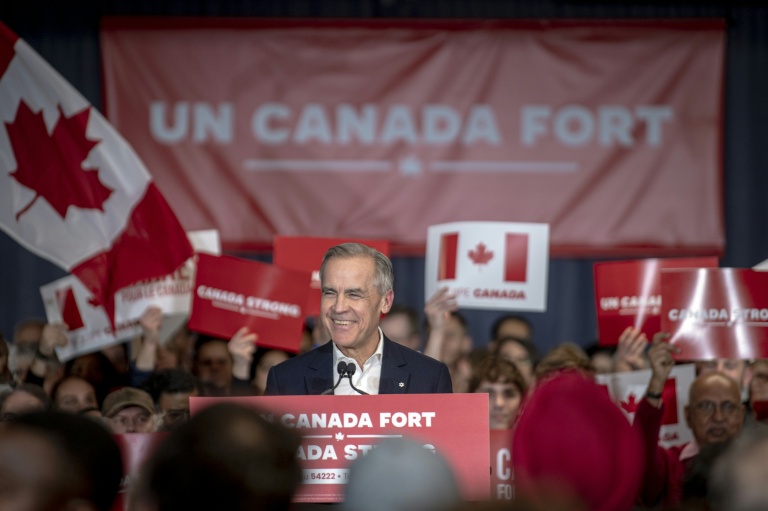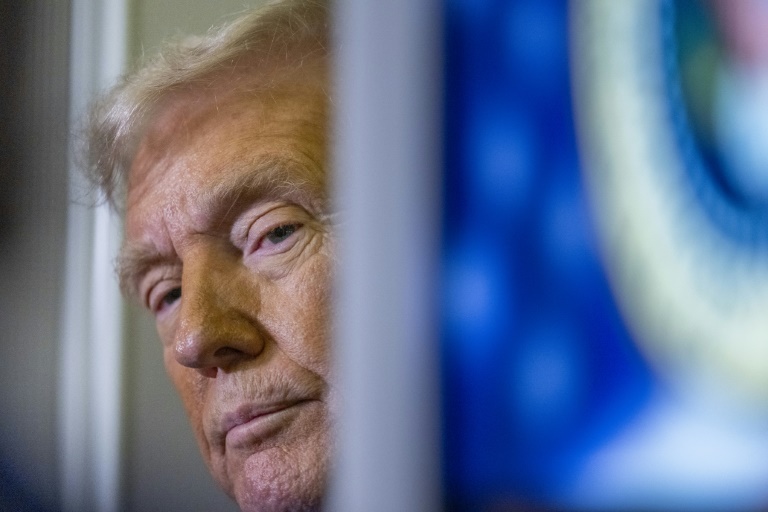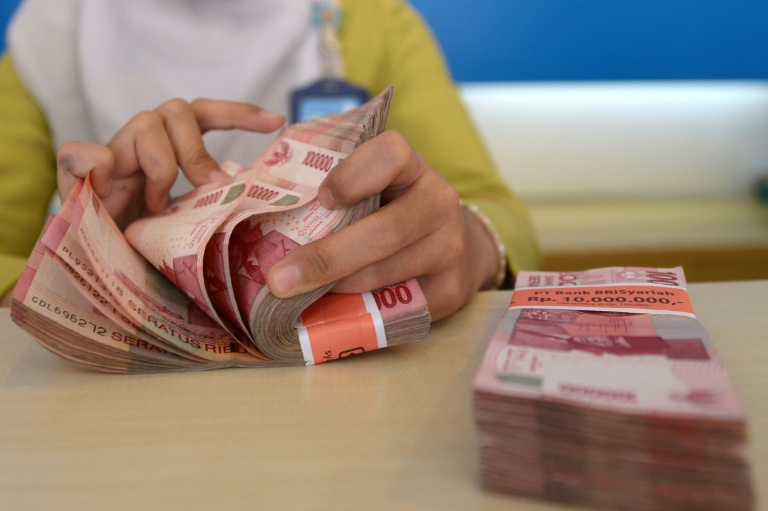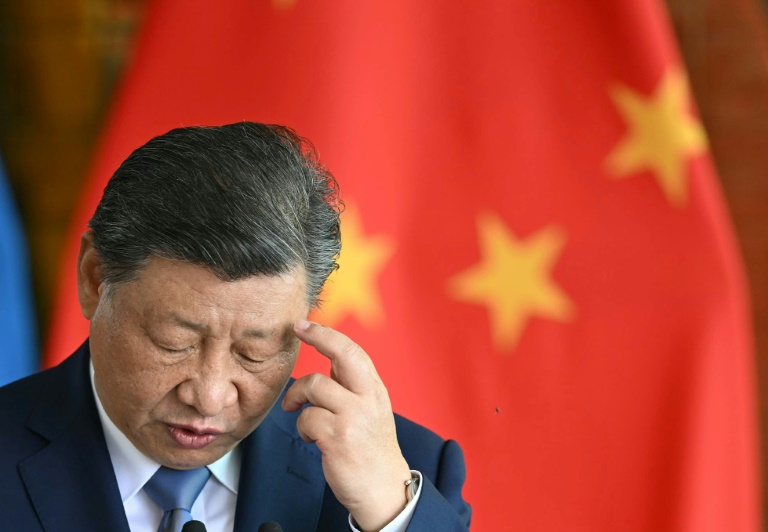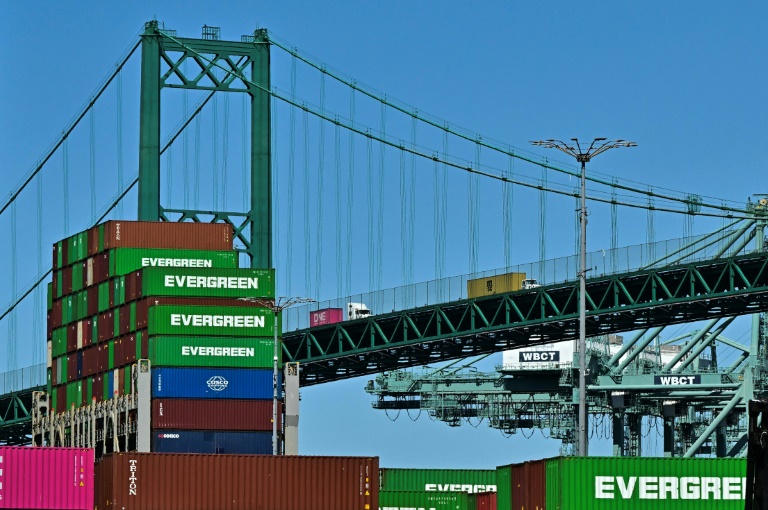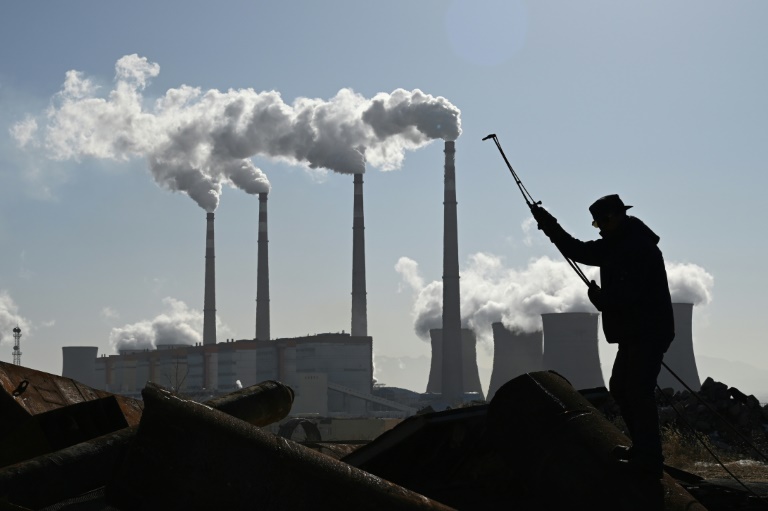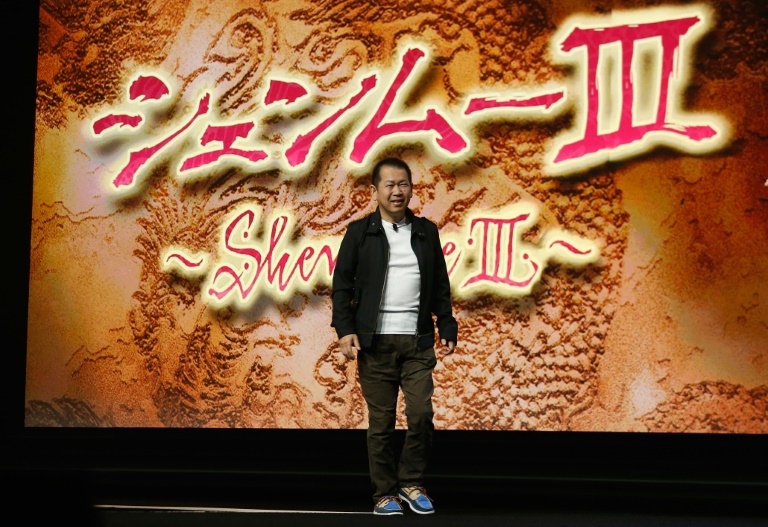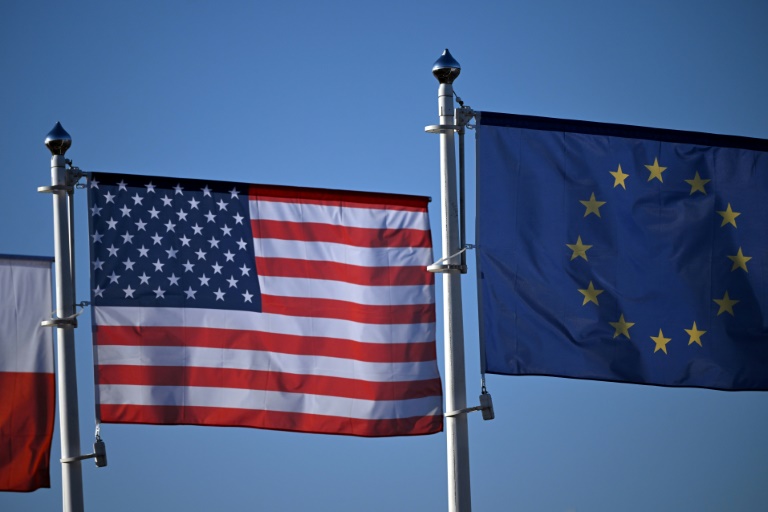Hong Kong (AFP) – An early rally in Hong Kong and Shanghai stocks evaporated Tuesday with traders tempering initial excitement about China’s pledge to adopt a looser monetary policy as they awaited more details about the plan. Seoul, however, held on to gains after a healthy rebound that followed days of losses fueled by the brief declaration of martial law by South Korea’s president.
In the latest bid to kickstart growth, Chinese President Xi Jinping and other top leaders announced their first major shift in policy for more than a decade, saying they would “implement a more active fiscal policy and an appropriately relaxed” strategy. The remarks, reported by state news agency Xinhua on Monday, represented a move away from their previous “prudent” approach, sparking hopes for more rate cuts and the freeing-up of more cash for lending. He said on Tuesday China had full confidence it would hit its annual economic growth target this year and warned that “there will be no winners” in a trade war between Beijing and Washington.
Monday’s announcement came as Beijing contemplates Donald Trump’s second term in the White House. The president-elect has indicated he will reignite his hardball trade policies, fueling fears of another standoff between the superpowers. Leaders have battled for almost two years to kickstart the world’s number two economy, which has been battered by weak domestic consumption and a debilitating property sector crisis. Data on Tuesday showing November exports grew less than forecast and imports unexpectedly fell reinforced the need for more help for the economy.
“Beijing kept its stimulus measures very modest in 2024, because the goal was to stabilize the economy and rehabilitate confidence. And as a result, China reserved its firepower for an uncertain 2025,” Shehzad Qazi, managing director of consultancy China Beige Book, said in a commentary. “Now, Beijing is almost singularly focused on protecting China from the onslaught of forthcoming Trump tariffs.”
Hong Kong stocks surged more than three percent at Tuesday’s open, extending a rally of 2.8 percent on Monday. Shanghai, which had closed before the news, gained more than two percent in early trade. However, Hong Kong ended down and Shanghai gave up most of its gains by the end of the day, with analysts remaining cautious after a string of previous announcements fell short of expectations or lacked detail. “Monetary stimulus will only work if Beijing lifts broader business and household confidence. This puts a lot of focus on fiscal policy for 2025,” Qazi said.
Korean uncertainty lingered as well. Pepperstone Group’s head of research Chris Weston added: “The question that needs to be asked is whether these measures go anywhere near a ‘whatever it takes’ moment for China. Clearly, there is a commitment from the Chinese authorities to meet and exceed its growth targets.” For many in the international investment community, there is an inherent view that actions and substance speak louder than words, and many have been burnt getting set for a sustained rally in China risk driven by concurrent fiscal and monetary stimulus that perennially fails to materialize.
Seoul’s Kospi rallied more than two percent after tumbling more than five percent since President Yoon Suk Yeol declared martial law on December 3. Lawmakers forced him to rescind the order hours later, but the move sparked a crisis in Asia’s number four economy, which was already struggling and facing a tough outlook as Trump prepares to take office. Yoon narrowly survived an impeachment motion in parliament on Saturday, even as huge crowds braved freezing temperatures to call for his ouster. However, a clutch of investigations has been closing in on him and his close allies, including a probe for alleged insurrection.
The South Korean won strengthened slightly against the dollar, though it remains stuck near two-year lows as uncertainty keeps investors on edge. The head of South Korea’s central bank, Rhee Chang-yong, said on Tuesday it was “difficult” for the won to return to its previous levels and added that it was “too early to say that the current exchange rate has entered a stable phase. The market is in a wait-and-see mode.”
Other Asian and European markets were mixed, with Tokyo, Singapore, and Manila in the green. But Sydney, Taipei, Mumbai, Wellington, and Jakarta fell, with London, Paris, and Frankfurt also lower at the open. The region was given a tepid lead from Wall Street, where the S&P 500 and Nasdaq pulled back from all-time highs as investors await key US inflation data later in the week.
– Key figures around 0810 GMT –
Hong Kong – Hang Seng Index: DOWN 0.5 percent at 20,311.28 (close)
Shanghai – Composite: UP 0.6 percent at 3,422.66 (close)
Tokyo – Nikkei 225: UP 0.5 percent at 39,367.58 (close)
Seoul – Kospi: UP 2.4 percent at 2,417.84 (close)
London – FTSE 100: DOWN 0.4 percent at 8,322.83
Euro/dollar: DOWN at $1.0547 from $1.0555 on Monday
Pound/dollar: DOWN at $1.2741 from $1.2746
Dollar/yen: UP at 151.61 yen from 151.21 yen
Euro/pound: DOWN at 82.77 from 82.78 pence
West Texas Intermediate: DOWN 0.4 percent at $68.10 per barrel
Brent North Sea Crude: DOWN 0.3 percent at $71.89 per barrel
New York – Dow: DOWN 0.5 percent at 44,401.93 (close)
© 2024 AFP

